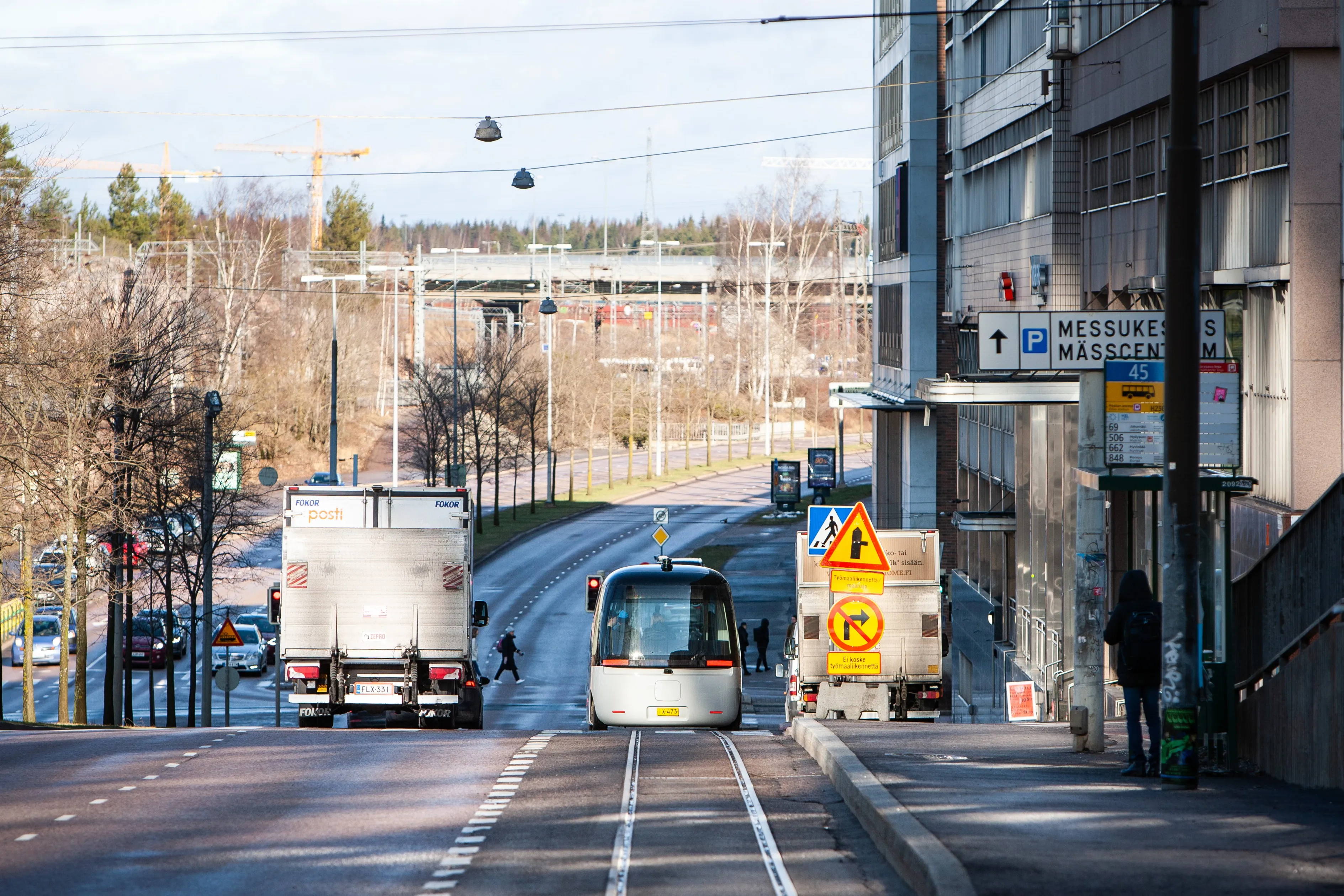SICE’s RBG1402-I2V Prioritisation and Geolocation System is an integrated solution enabling intelligent wireless communication between public transport vehicles and traffic signal control elements with the aim of optimising vehicle traffic.
The system uses GPS geolocation to detect the exact location of municipal buses when they are near a traffic signal and increases the green phase if the signal is about to turn red.
An on-board unit geotags the vehicle and sends a pass-through request at the same time as reporting the vehicle’s location, while a device installed in the traffic signal controller manages the request and set the priority. In addition, a ‘queue jump' system will be implemented at three traffic lights to ease the movement of buses to the bus lane from a conventional lane.
The contract also includes the set-up of new crosswalks with traffic lights in the streets of Alcalde Vega Lamera and Valdecilla Avenue.
SICE’s MFU3000 controller will be used for both the prioritisation system and the new traffic signals, allowing different priority levels being to be immediate or flexible depending on the vehicle that arrives at the intersection or the mobility policy in operation.
SICE to implement public transit priority system for public transport in Spanish city
TESINGER, a company belonging to the Perteo Group, has awarded SICE the contract for the installation of a traffic signal priority system to reduce public transport delays at intersections in the city of Santander, Spain. The works are part of the Infrastructure Construction Project for the Metro-TUS implementation, the city’s new high speed bus service. SICE’s RBG1402-I2V Prioritisation and Geolocation System is an integrated solution enabling intelligent wireless communication between public transport veh
August 11, 2017
Read time: 2 mins
TESINGER, a company belonging to the Perteo Group, has awarded 6770 SICE the contract for the installation of a traffic signal priority system to reduce public transport delays at intersections in the city of Santander, Spain. The works are part of the Infrastructure Construction Project for the Metro-TUS implementation, the city’s new high speed bus service.
Related Content










